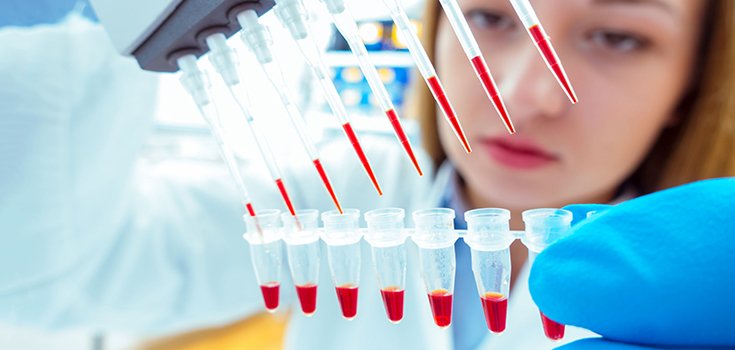Many Clinics Offering Unproven Stem Cell Therapies

Stem cell therapies are thought to be the answer to a myriad of illnesses, from helping tackle diseases from cancer to Alzheimer’s and muscular dystrophy. However, a new study has shown that hundreds of clinics in the United States are falsely advertising stem cell treatments for everything from autism to breast augmentation.
Those desperate for a cure for their disease may find themselves forking over money for something that hasn’t gone through rigorous testing, or proven to be effective.
Curious about how many of these treatments were being marketed in the United States, Leigh Turner of the University of Minnesota’s Center for Bioethics and Paul Knoepfler, a pediatric stem cell expert at the University of California Davis who also blogs about stem cell regulation, hopped online to search for keywords like “stem cell therapy” and “stem cell treatment.”
They wanted to find out exactly how many of such treatments were being marketed to individuals. What they found was that 351 business at 570 clinics were offering stem cell treatments, with little to no federal or state regulation.
The pair wrote in their report:
“Many of these marketing claims raise significant ethical issues given the lack of peer-reviewed evidence that advertised stem cell interventions are safe and efficacious for the treatment of particular diseases. Such promotional claims also generate regulatory concerns due to apparent noncompliance with federal regulations.
We found nine clinics each promoting stem cells for autism and for cerebral palsy. We also identified 33 marketing claims for muscular dystrophy, a disease that primarily though not exclusively afflicts children.”
There are currently no approved stem cell treatments for these diseases. Both Turner and Knoepfler worry that caregivers and parents may make judgements that are detrimental to their children based on false or misleading information.
They also stated that this provides “clear grounds for concern” that many of the companies involved are not complying with any state or federal regulations, thus duping patients into what may be “unapproved human experimentation.”
They urge consumers to research thoroughly before undertaking such a treatment and are concerned that if enough of these stem cell therapies don’t work, it will damage the reputation and public perception off them across the board.
